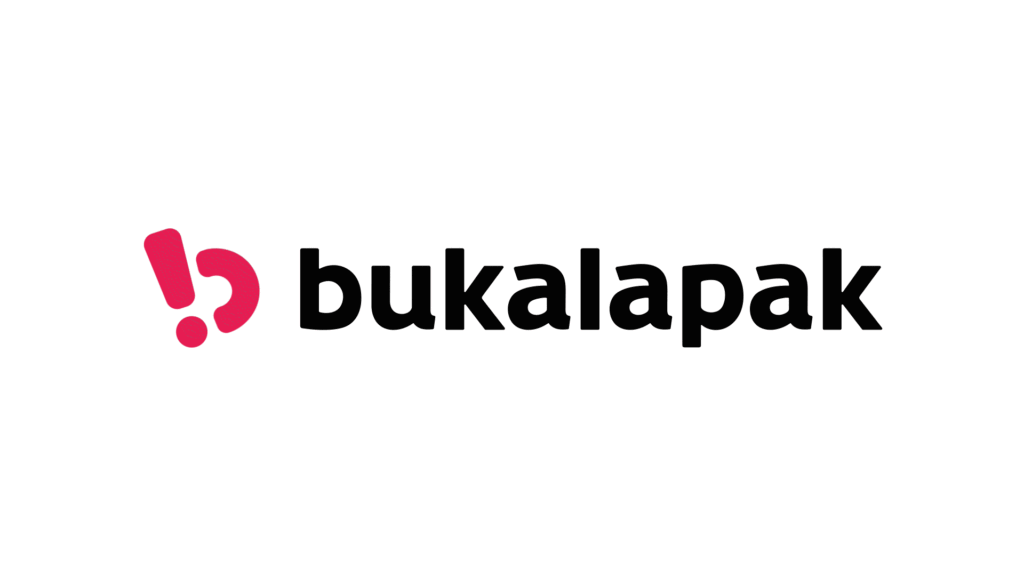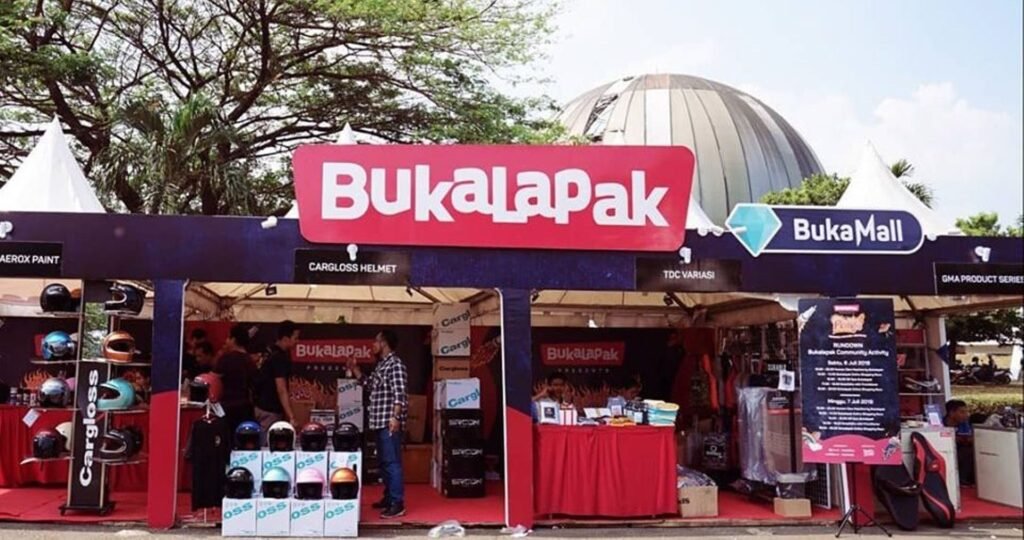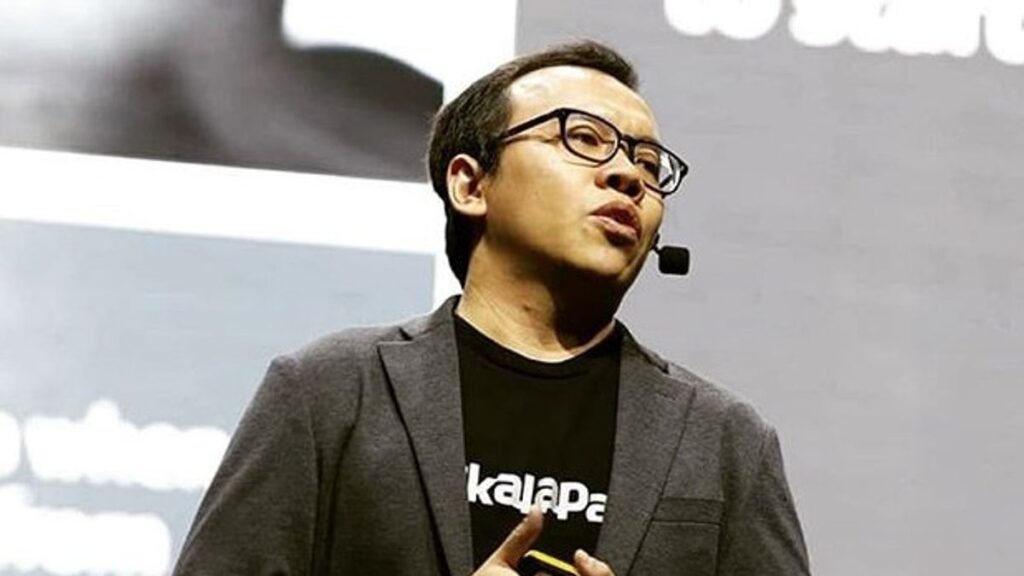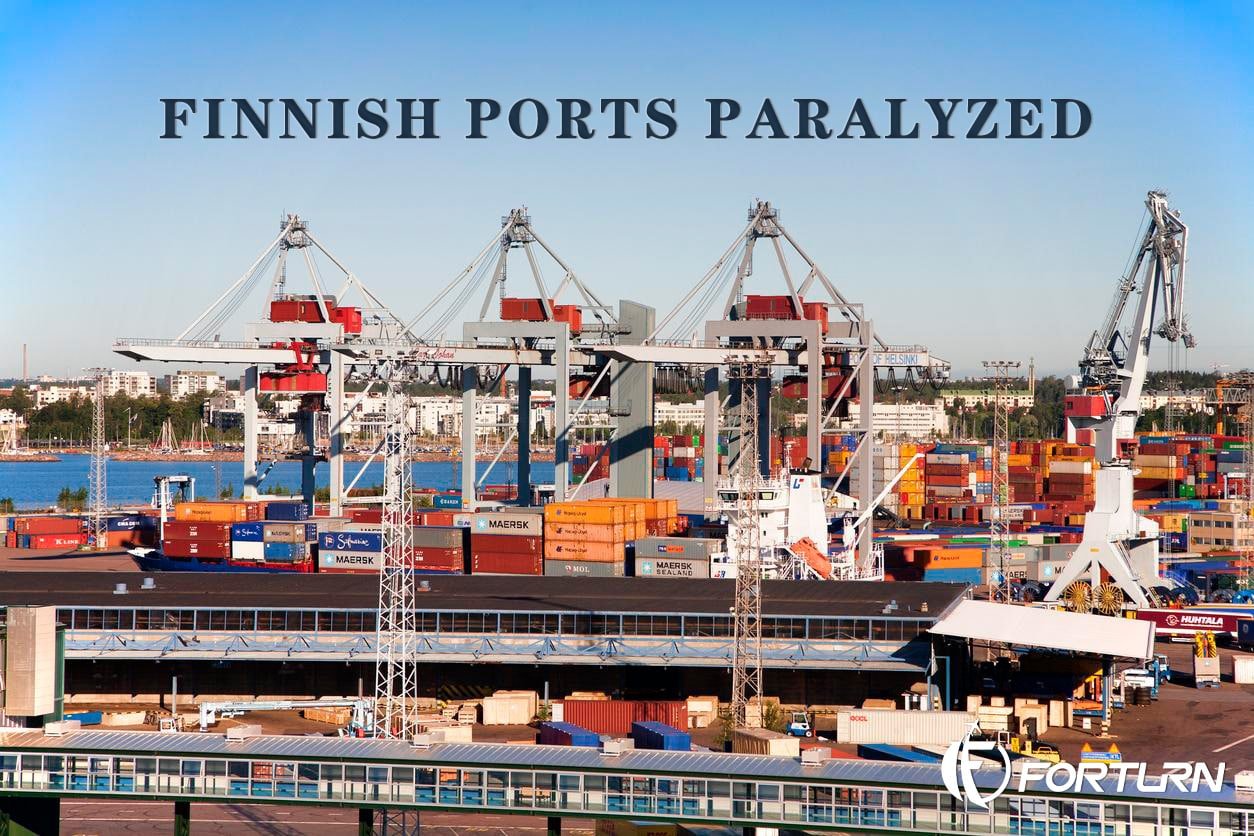A decade of unicorn Bukalapak: an interesting e-commerce story
In the past ten years, three young people have set up “street stalls” all over Indonesia. In 2011, in Jakarta, Indonesia, the three founders Achmad Zaky, Nugroho Herucahyono, and Fajrin Rasyid were having a discussion about whether to close the business or continue on the path of e-commerce in the one-year-old Bukalapak company. On the one hand, the e-commerce business of these young people is quite successful. However, the advertising revenue and the merchant’s entry fee are simply not enough to support the company’s operation, so the company is facing a severe cash flow crisis. After a debate, these young people made a choice. They definitely chose to go on with their passion.

The emergence of the “street stall economy”
Bukalapak, which means “to set up a stall” in Bahasa Indonesia, came about by accident. Zaky, who was born in a prestigious Indonesian school, returned to Jakarta after a period of time in his hometown. He found his friend Nugroho Herucahyono and decided to start their own business. Later, another friend of Zaky’s, Fajrin Rasyid, was called by him to manage the finances, and the company was established. Bukalapak’s business concept is very simple: they use the bridge of e-commerce to make small businesses. But in the early years, it was extremely difficult to persuade small urban merchants to join e-commerce platforms. Inadvertently, the concept of “community” was created in this way.
In 2011, just before it was forced to go out of business, Japanese investor Takeshi Ebihara invested $288,000 in Bukalapak. With this money, on the one hand, the company is deeply cultivating the cycling community, and on the other hand, it extends the community strategy to other sectors, such as photography, machinery, and so on. By 2013, Bukalapak’s daily GMV reached 48,000 US dollars, there were nearly 80,000 merchants on the platform, and the monthly website traffic reached about 30 million.

Development: go to the countryside
Bukalapak and his competitors have revolutionized the retail ecosystem in Indonesia. In terms of monthly activity, Shopee, Tokopedia, Lazada, and Bukalapak are the top four e-commerce platforms in Indonesia. Lazada and Bukalapak focus more on the countryside and lower-income groups. So Bukalapak began to cooperate with offline mom-and-pop stores to launch Mitra Bukalapak. Mitra Bukalapak is a local life platform, which is great news for rural Indonesia where home network coverage is extremely low. At a time when competitors were running discounts and promotions to attract urban crowds, Bukalapak realized that by laying out lower-tier towns and using Mitra Bukalapak to connect mom-and-pop shops and communities. Bukalapak built a new business model.

Reform: Sustainable development is the last word
At present, the three founders of Bukalapak have all left, making Bukalapak the only unicorn company in Southeast Asia where all founders have left. In December 2019, Zaky was the first to announce his resignation on social media. In January this year, he officially handed over the baton to Rachmat Kaimuddin, a former executive of PT Bank, Indonesia’s largest commercial bank, while Zaky remained as a consultant to Bukalapak. Immediately afterward, other founders also left.
“Bukalapak is doing well now, and since a few years ago, we have made some necessary reforms around the goal of achieving sustainable operations.” Zainuddin, Bukalapak’s new CEO, said in an interview. Zainuddin’s reforms include bringing a group of elites with financial backgrounds into key positions in Bukalapak, such as former Credit Suisse executive Teddy Oetomo, who was first appointed as Bukalapak’s chief strategy officer and more recently as the company’s new president.










